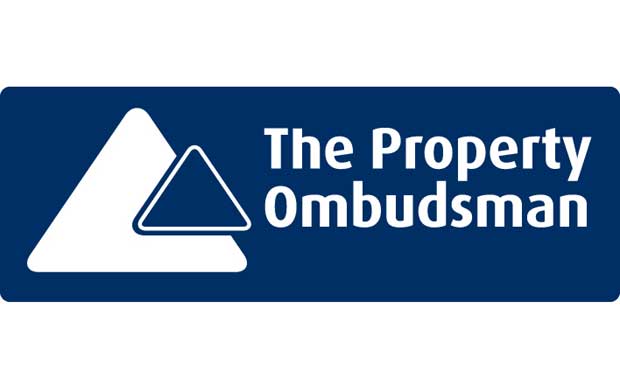What Does 'The Property Ombudsman' Do?

There are two property ombudsman (ombudsmen? ombudspeople? ombudsperson?) services in the UK. There used to be three.
One is innovatively called ‘The Property Ombudsman’, or 'TPO', the other is called ‘Property Redress Scheme’, or 'PRS' for short, which is confusing as the abbreviation ‘PRS’ is used for ‘Private Rental Sector’.
Here’s links to both their websites:
The Property Ombudsman and Property Redress Scheme.
But who are they? What do they do? Why do they exist?
Why do The Property Ombudsman and Property Redress Scheme exist?
Since 1 October 2014 if you’re:
- an estate agent dealing with residential properties in the UK
- a letting agent or property manager in England or Wales
by law you must join a redress (ombudsman) scheme.
Here’s a link to the legislation here: The Redress Schemes for Lettings Agency Work and Property Management Work (Requirement to Belong to a Scheme etc) (England) Order 2014
Letting agents who aren’t registered with The Property Ombudsman or Property Redress Scheme can be fined up to £5,000.
TPO and PRS exist because if you have a problem with your letting agent and they won’t respond to you, or you’re not happy with the response you receive, there needs to be someone higher up the ladder for you to take your issue to.
You could go directly to the courts, but since the culling of Legal Aid, the court process is expensive.
What’s the process when dealing with The Property Ombudsman or Property Redress Scheme?
(Member = letting agent, normally. Complainant = tenant, but could be a landlord).
The Complainant must show that a formal written complaint has been sent to the Member within 12 months of the incident related to the complaint occurring.
The Complainant has allowed a minimum of 8 weeks for the Member to investigate the matter and respond fully.
After the Member’s final response to the complaint or after the Complainant has waited 8 weeks from sending the complaint letter and the Complainant has not received a response, a complaint can be referred to us within 12 months of the formal letter of complaint being sent to the Member.
Those time limits are in place as they’re deemed ‘reasonable’ under the Arbitration Act 1996.
Only after those steps have been taken will The Property Ombudsman (TPO) or Property Redress Scheme (PRS) consider looking at your issue. But they will only deal with the complaint if it’s:
A breach of the Member’s obligations under the law;
When legal rights have been impinged or breached by a Member
When a Member has not acted in accordance with a Code of Practice it has signed up to
When a Member has not administered a transaction as efficiently as would be expected.
Unfair treatment of the complainant by the Member; including, but not limited to:
- Rudeness or discourtesy
- Not explaining matters
- Poor or incompetent service
- Avoidable delays
In basic terms, the Member’s (normally a letting agent) actions must have resulted in the complainant suffering a financial loss, or unnecessary aggravation, distress and/or inconvenience.
Is there a charge to submit a claim to The Property Ombudsman and Property Redress Scheme?
No. There’s no charge to the Complainant for raising the complaint to The Property Ombudsman and Property Redress Scheme.
What’s the complaint process like to go through?
Quite long, and quite complicated.
PRS have a guide on their complaint process here and TPO have their guide here and more info about how they handle the tenancy complaint here.
TPO and PRS are well seasoned at going through the process, they’ll guide you through, step-by-step.
You’ll need to be prepared with every piece of evidence available so they can make informed decisions.
We recommend keeping a record of everything that happens during your tenancy period.
Taking pictures of your rented accommodation as soon as you move in, upload your documents safely and securely and making a note of everyone’s contact details.
